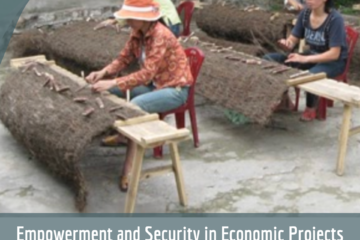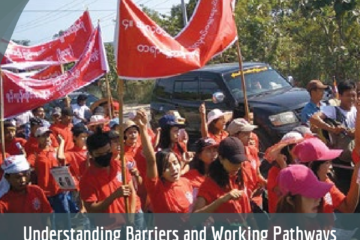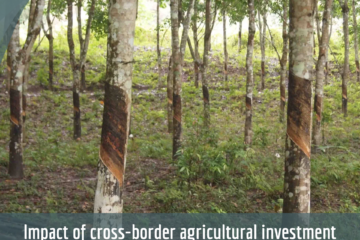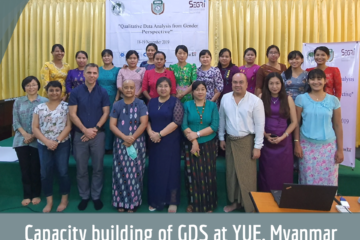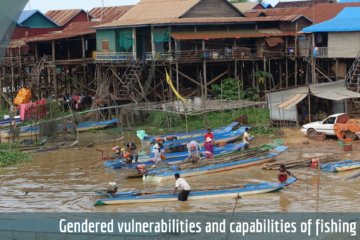What is Essential is Invisible’: Empowerment and Security in Economic Projects for Low-Income Women in Four Mekong Countries (Cambodia, Laos, Myanmar, Vietnam)
This research project, using both qualitative and quantitative data collection methods, focused on women’s economic empowerment and social protection projects in four Mekong countries: Cambodia, Lao PDR, Myanmar and Vietnam. It involved an exploration of the gaps between the level of policy makers and intended beneficiaries in terms of their conceptions of the ideas of empowerment and security and their perceptions of what is happening on the ‘ground’. In addition, the research examined under what conditions empowerment (as locally defined) and an increase in a sense of security (again, as locally defined) came as a result of economic empowerment and social protection projects, and under what conditions there was no such apparent benefit – or even negative effects – in spite of the well-meaning intentions of the projects. One key finding is that empowerment is not a single recipe, it needs to be contextualized, and that for a large number of low income women in the four countries, empowerment was a social or relational process, an aspect of empowerment often neglected by donors and development practitioners.
Keywords Economic Empowerment, Income, Gender, Cambodia, Lao PDR, Myanmar, Vietnam
(more…)